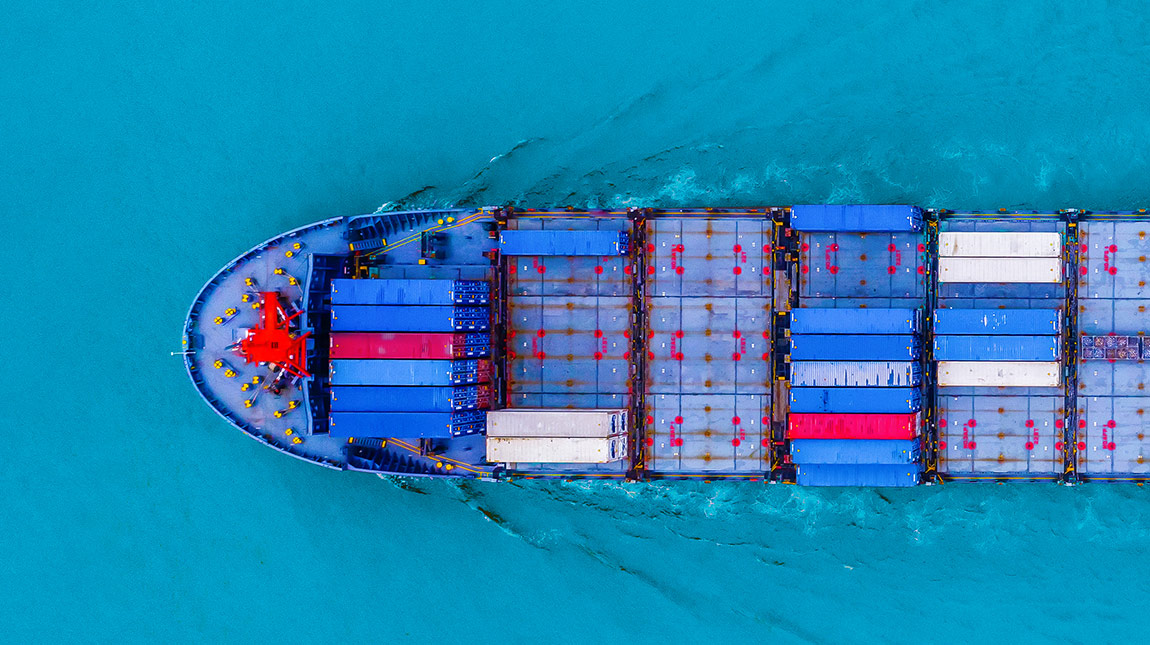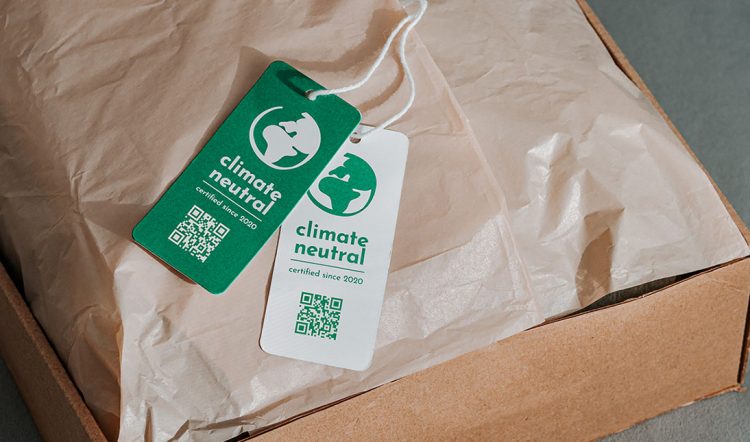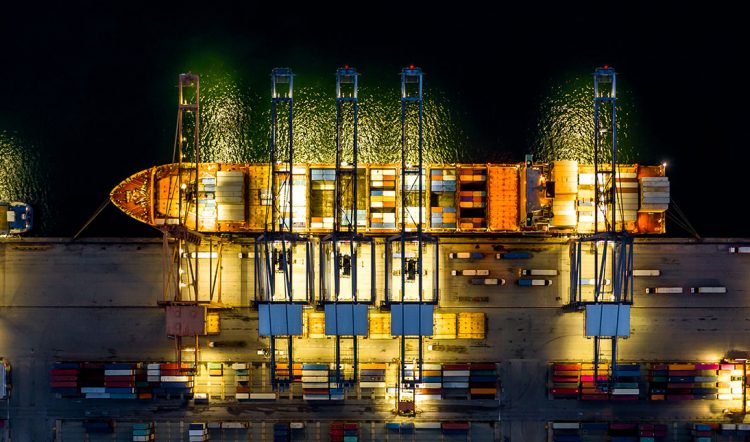Changed transport and logistics landscape seen as not serving national interest
The Australian trade services sector is calling for the creation of a National Trade Regulator to oversee shipping and the container trade in an environment that has significantly changed in recent years.
The call is contained in a submission to the Productivity Commission’s supply chain security inquiry which paints a picture of consolidation in shipping lines and stronger alliances, consortia of shipping lines entering vessel sharing agreements, creating significant barriers for new entrants into this global market, “let alone successfully compete in a somewhat isolated Australian trade-lane”.
The situation is exacerbated by a huge surge in post-pandemic crisis demand, limited supply of shipping services, erratic positioning of container equipment and poor performance in many key international ports is resulting in significant spikes in freight rates, escalation of surcharges, and an all-time low in the reliability of services.
Highlighting their submission, Paul Zalai, director Freight & Trade Alliance (FTA) and Secretariat of the Australian Peak Shippers Association (APSA) notes that, in parallel to threats caused by geopolitical tensions, serious disruption to international supply chains is jeopardising access to markets for Australian trade.
“A well-regulated economy helps Australia to prosper – in terms of international trade, this needs serious consideration as market forces are failing to provide basic protections to critical sectors of commerce with downstream devastating effects being felt by retailers, manufacturers, farmers, and rural communities,” Zalai says.
Zalai sees engagement with local shipping line representatives as positive but is concerned that many are largely hamstrung by instructions from their headquarters overseas.
“Australia is 100 percent dependent on foreign-owned shipping lines to service our containerised trade so we need to incentivise the profitability of our market – but this cannot be at any cost and this is where we need Federal Government intervention to safeguard the interests of Australian traders,” he says.
FTA/APSA sees the Australian national trade regulator concept as operating along the lines of the US Federal Maritime Commission (FMC), to facilitate competitive international trade and to provide protection from the emergence of unreasonable pricing practices.
Associated recommendations include the need for a formal shipping competition review, a call for minimum service levels, and regulation of ‘terminal access charges’ and container detention practices.
The submission also makes detailed reference to the need for waterfront industrial relations reform, implementation of biosecurity priorities, and continued financial relief measures for the air cargo sector.
“Australia has world-class manufacturers and producers who are supported by skilled customs brokers and freight forwarders ready to take advantage of the opportunities created by free trade agreements and those economies recovering from Covid-19 – these opportunities will not be fully realised while physical access to market and costs of trade are prohibitive,” Zalai says.
The recommendations are:
- The Australian Competition and Consumer Commission (ACCC) to progress its review to establish shipping competition policy and associated regulatory framework to: 1) ensure vessel sharing consortia can continue with qualified exemption from normal competition rules administered in stevedore / empty container park) surcharges, fees, and penalties.
- Repeal of Part X of the Competition and Consumer Act 2010 to be contingent on the introduction of an appropriate regulatory framework that provides exporters, importers and freight forwarders minimum service levels and minimum notification periods.
- Scope of the National Transport Commission (NTC) review of terminal access charges be expanded to examine the potential of regulation to force stevedores (and empty container parks) to cost recover directly against their commercial client (shipping line) rather than via third party transport operators.
- Federal government action and potential regulation, similar to US FMC, to ensure reasonable container detention policies are administered
- Federal government to initiate a formal waterfront industrial relations review to provide immediate and continued business continuity for what is an ‘essential service’ and our international gateway for major supply chains
- Engagement and reporting between the Department of Agriculture, Water, and the Environment and industry to achieve the four reform priorities identified in the Inspector -General of Biosecurity (IGB) report Adequacy of department’s operational model to effectively mitigate biosecurity risks in evolving risk and business environments being 1) Regulatory maturity; 2) Risk pathway partnership; 3) Frontline focus; and 4) Sustainable funding model
- Federal government should allocate additional funds to maintain the International Freight Assistance Mechanism (IFAM) and/or similar financial relief measures to support the air cargo supply chain sector until the end of 2023 (at minimum), with the actual allocation of funds subject to periodic reviews pending the return of international passenger flight services.
Original article published by: Fully Loaded “FTA and APSA call for formation of a Trade Regulator”




Leave a Comment